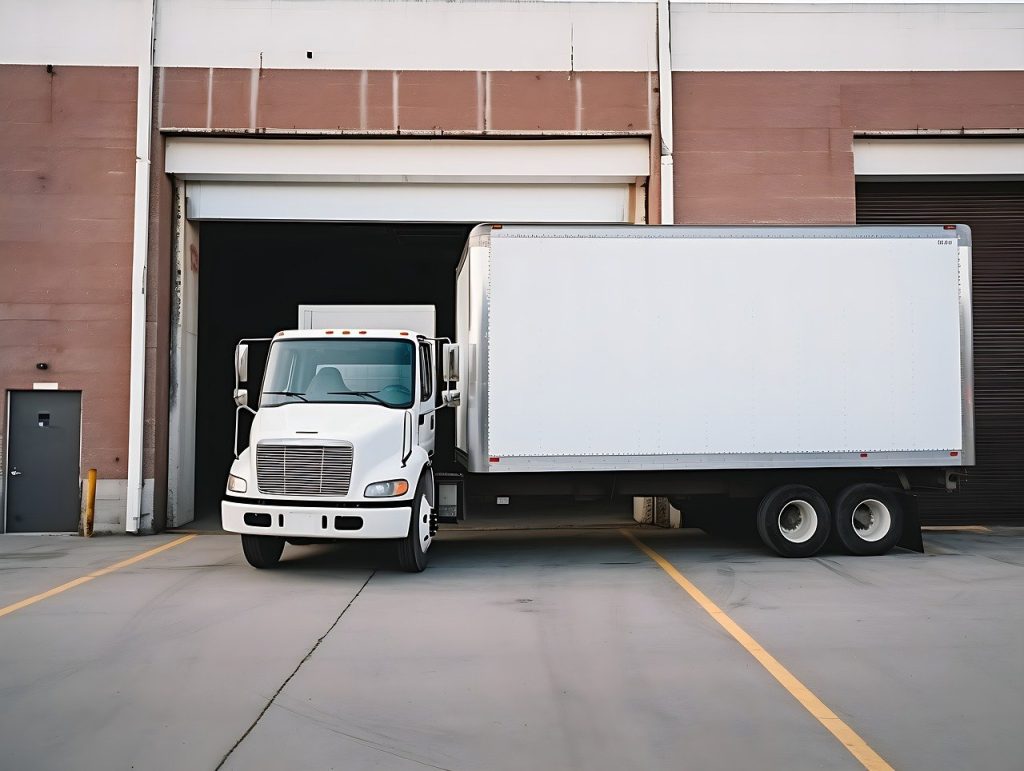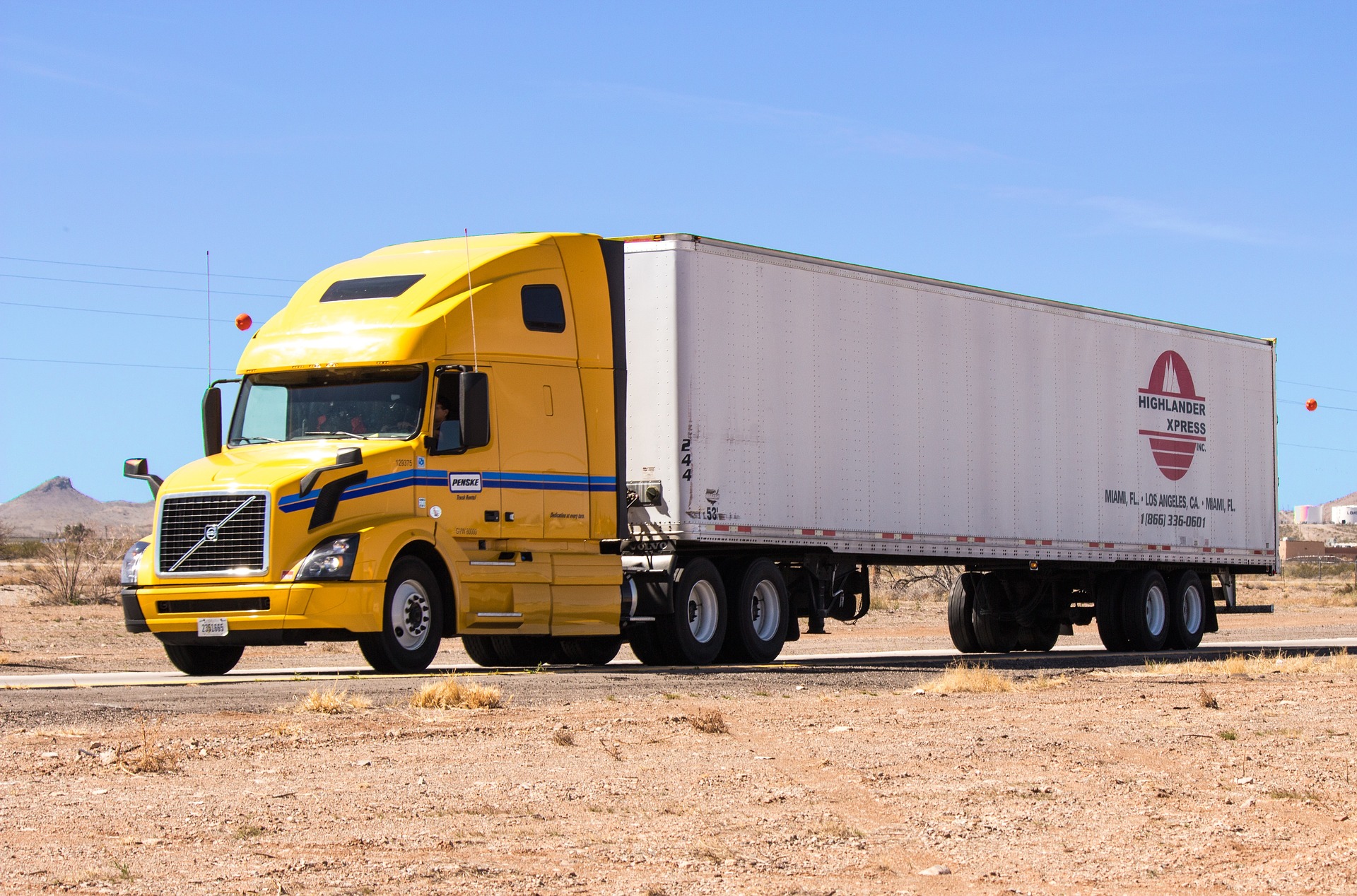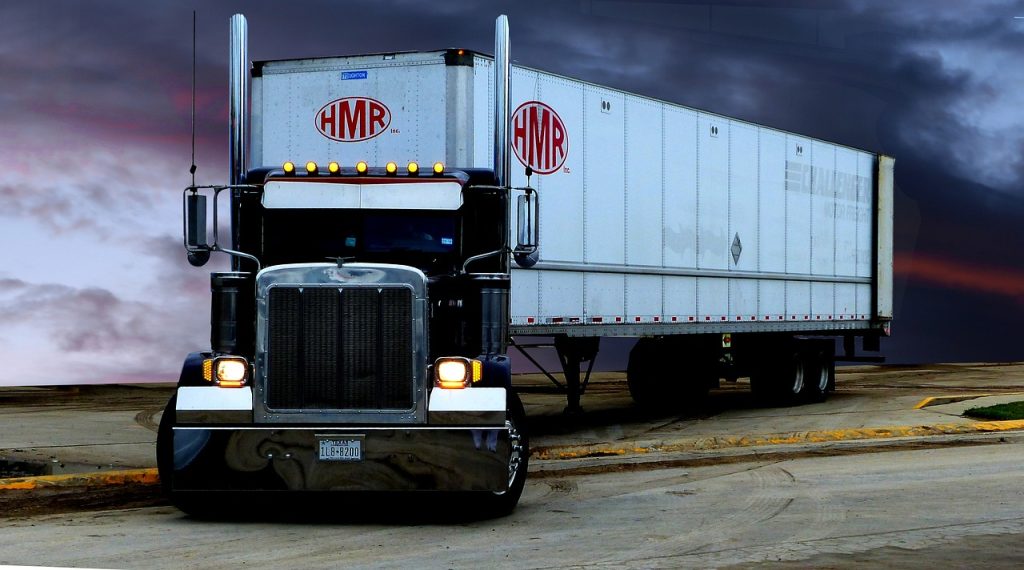Box Truck Weight Limit: Limitations and Overloading Impacts
Freedom Heavy Haul can offer expedited Pickup and Delivery for any size shipment anywhere in the USA. Contact us today for No Hassle, No Pressure Pricing.
Box trucks, integral to the heavy haul business, play a vital role in the transportation sector. Their utility in carrying various cargoes from small parcels to large furniture pieces underscores their versatility. The weight limit of a box truck is a critical factor that dictates its efficiency and safety on the road.
Adhering to these limits not only ensures the longevity of the vehicle but also complies with legal standards, safeguarding all road users. In this article, you will learn about box truck weight limits and impacts of overloading the box truck.
Overview of Box Trucks
Box trucks are uniquely designed vehicles, featuring a cabin and a cube-shaped cargo area. They range in size, making them suitable for diverse transportation needs. Often used in delivery services, moving operations, and commercial freight, these trucks are pivotal in the logistics chain.
Understanding their structure and functionality provides insight into the relevance of weight limits, which is crucial for optimal performance and compliance with transportation regulations.
FHWA Truck Classification and Box Trucks
The Federal Highway Administration (FHWA) classifies trucks into various categories based on their weight. Box trucks typically fall within classes 3 to 8, corresponding to a weight range of 10,001 to 33,001 pounds. This classification system aids in defining the operational scope of box trucks, encompassing their capability in terms of payload and total weight capacity.
Familiarity with these classes is important for operators to ensure they are using their vehicles within safe and legal parameters.
Box Truck Weight Limit
The box truck weight limit is a vital specification, dictating the maximum permissible weight including the vehicle itself, cargo, fuel, and passengers. For most box trucks, this limit is set at 26,000 pounds. This threshold is critical as exceeding it can lead to safety hazards and legal ramifications.

The box truck weight limit is influenced by factors such as the truck’s size, engine capacity, and structural design. It is essential for operators to be cognizant of these limits to prevent overloading, which can compromise vehicle stability and road safety.
Importance of Adhering to Weight Limits
Compliance with box truck weight limits is paramount for several reasons. Primarily, it ensures the safety of the vehicle, its cargo, and other road users. Overloading can lead to mechanical failures, loss of control, and increased wear and tear, potentially resulting in accidents. Legally, exceeding weight limits can attract penalties and affect insurance claims.
Therefore, understanding and adhering to these limits is not only a matter of regulatory compliance but also a critical aspect of road safety.
Calculating Weight Limits for Box Trucks
Determining the weight limit of a box truck involves understanding its Gross Vehicle Weight Rating (GVWR), Payload Capacity, and Tare Weight. The GVWR is the maximum weight a truck can safely handle, including its own weight and the load. Payload capacity refers to the maximum weight of the cargo that the truck can carry.

Tare weight is the weight of the truck when empty. Subtracting the tare weight from the GVWR gives the payload capacity, which is crucial for operators to know when loading their vehicles.
Practical Considerations in Box Truck Loading
Effective and safe loading of a box truck is an art that requires attention to detail. It involves not only adhering to weight limits but also considering the distribution of cargo. Uneven loading can lead to imbalance and handling difficulties.
Operators should be trained in loading techniques that optimize space utilization while maintaining vehicle stability. Regular training and adherence to best practices in loading are essential components of operating a box truck efficiently and safely.
Regulatory Aspects of Box Truck Operations
Navigating the regulatory landscape for box truck operations is essential for compliance and efficient operation. This involves understanding state and federal regulations governing vehicle weight, dimensions, and road usage.

Regular updates on these regulations help operators avoid penalties and operate their vehicles within the legal framework. Staying informed about these regulations is a responsibility that enhances road safety and operational efficiency.
Impact of Overloading on Box Truck Performance and Maintenance
Overloading a box truck has significant impacts on its performance and maintenance. Excessive weight can strain the engine, suspension, brakes, and tires, leading to increased wear and tear. This not only shortens the lifespan of the vehicle but also escalates maintenance costs. Moreover, overloading affects fuel efficiency and maneuverability, increasing operational costs and compromising safety. Regular maintenance and adherence to weight limits are crucial in mitigating these issues.
Technological Advancements in Weight Measurement and Monitoring
Advancements in technology have revolutionized weight measurement and monitoring in box trucks. Modern trucks are equipped with systems that provide real-time data on vehicle weight, helping operators stay within legal limits. These systems enhance safety, efficiency, and compliance, and are becoming increasingly integral in the heavy haul industry. Embracing these technological solutions is a step forward in ensuring safe and efficient transportation.
Conclusion
In conclusion, understanding and adhering to the weight limit of box trucks is fundamental for the safety and efficiency of transportation operations. The heavy haul business relies heavily on these vehicles, and compliance with legal weight limits is essential. With advancements in technology and an increasing emphasis on safety regulations, the transportation industry is evolving towards more responsible and efficient use of box trucks. Continued education, adherence to regulations, and the utilization of technological advancements are key to maintaining the high standards required in the heavy haul industry.







